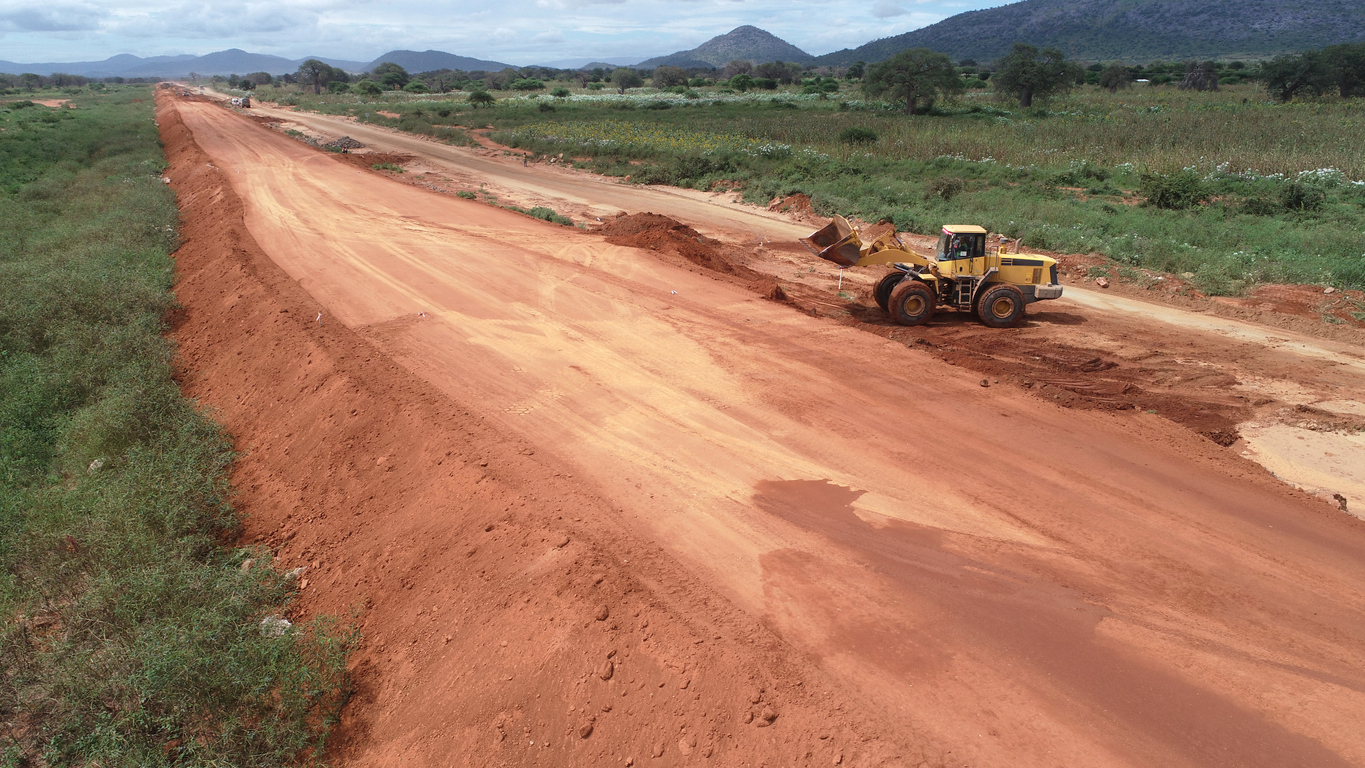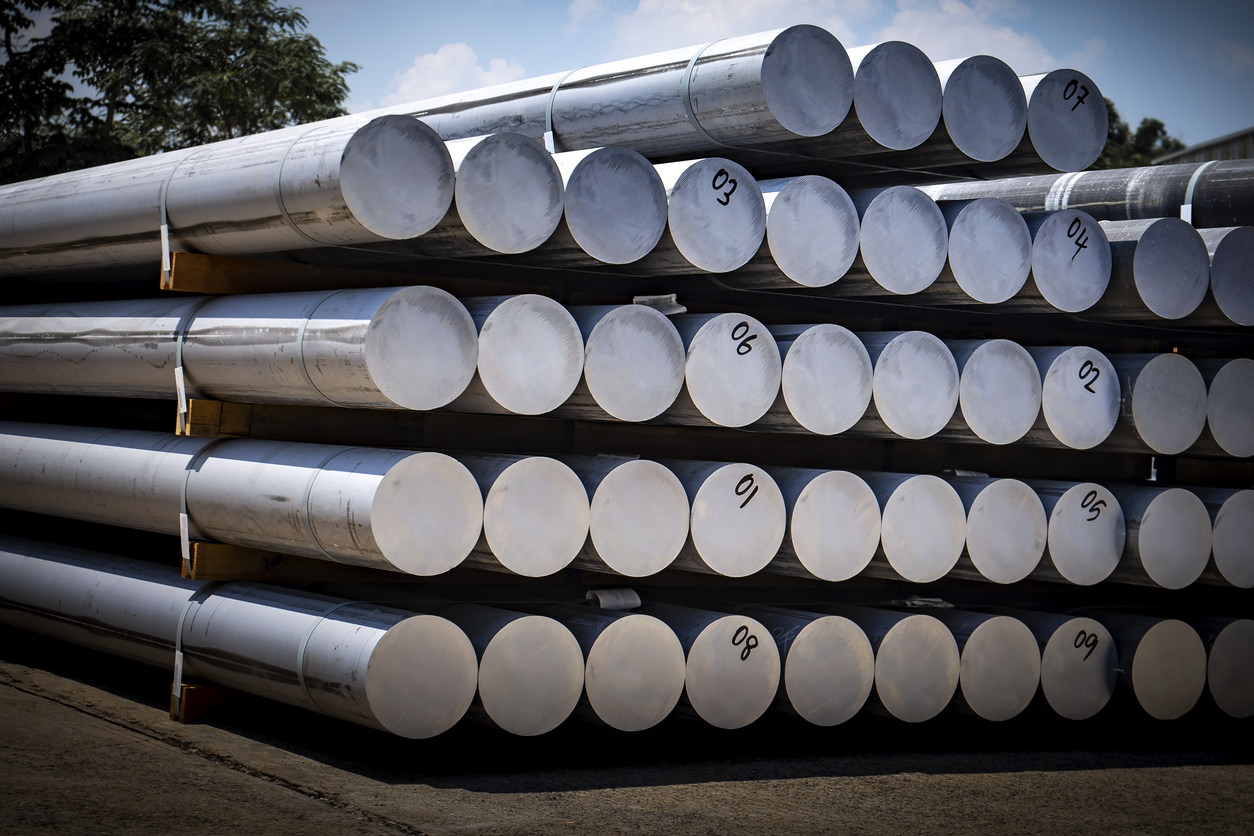How Brownfield Projects in Africa Are Driving Industrial Expansion
n Africa, brownfield projects are emerging as a key driver of industrial growth and investment. Unlike greenfield projects, which involve developing on undeveloped land, brownfield projects focus on repurposing, upgrading, or expanding existing facilities. For companies and investors, these projects offer significant opportunities to maximize existing infrastructure while minimizing costs and environmental impact.
Understanding Brownfield Projects in Africa
Brownfield projects involve taking previously developed industrial or commercial sites and revamping them for new uses. These sites may have been abandoned, underutilized, or previously dedicated to different types of manufacturing or logistics activities. In Africa, the trend toward brownfield development is gaining momentum, particularly in sectors such as energy, manufacturing, and logistics.
Investing in brownfield sites allows businesses to leverage existing utilities, road networks, and structures. This not only accelerates project timelines but also reduces the capital expenditure required compared to greenfield developments. For companies navigating Africa’s diverse regulatory and operational landscapes, brownfield projects provide a lower-risk entry point into new markets.
Advantages of Brownfield Projects in Africa
Cost Efficiency and Reduced Risk
One of the primary benefits of brownfield projects is cost efficiency. By utilizing existing infrastructure, companies can save on construction, permits, and land acquisition costs. Additionally, these projects often face fewer delays because essential services—such as electricity, water, and transportation—are already in place. Wigmore Trading can guide investors in identifying viable brownfield sites that align with their business objectives, mitigating risk and optimizing return on investment.
Sustainability and Regulatory Compliance
Environmental sustainability is increasingly critical in African development. Brownfield projects allow for the repurposing of previously industrialized land, reducing the need to clear green spaces. Moreover, regulatory frameworks in countries like South Africa, Kenya, and Nigeria often incentivize the redevelopment of existing sites, making brownfield projects not just economically attractive but also environmentally responsible.
Accelerated Project Timelines
Brownfield sites can significantly shorten project timelines. Developers can bypass some of the groundwork required in greenfield projects, allowing businesses to commence operations faster. In fast-moving industries such as FMCG, logistics, and energy, this can translate into quicker revenue generation and improved competitiveness.
Sectors Driving Brownfield Development in Africa
Energy and Power Plants
Many African countries are investing in renewable energy, power plant upgrades, and energy distribution infrastructure. Brownfield projects in the energy sector, such as refurbishing old power stations or converting them to renewable energy facilities, offer investors high-potential opportunities. Wigmore Trading can assist companies in sourcing and evaluating these sites for sustainable energy projects.
Manufacturing and Industrial Facilities
Existing industrial zones in Africa are increasingly being repurposed for modern manufacturing operations. Brownfield projects allow companies to expand production capacity without the complexities of building from scratch. This is particularly relevant for multinational manufacturers seeking efficient entry into African markets.
Logistics and Warehousing
Africa’s expanding e-commerce and trade sectors have heightened the need for modern logistics hubs. Brownfield sites located near transport corridors, ports, or urban centers can be transformed into state-of-the-art warehouses or distribution centers. Wigmore Trading supports businesses in identifying suitable locations and navigating regulatory requirements to ensure smooth project execution.
Challenges and Practical Solutions
Despite their advantages, brownfield projects in Africa come with challenges. These can include legacy environmental contamination, outdated infrastructure, and complex ownership or land rights issues. Practical solutions involve conducting thorough site assessments, engaging local stakeholders, and implementing phased redevelopment plans. Wigmore Trading provides end-to-end support, from feasibility studies to project execution, ensuring that brownfield projects are successful and sustainable.
How Wigmore Trading Supports Brownfield Projects in Africa
Wigmore Trading specializes in facilitating brownfield investments across the African continent. Our services include site sourcing, feasibility assessments, regulatory compliance support, and project management guidance. By partnering with Wigmore Trading, businesses can navigate Africa’s diverse industrial landscapes efficiently, minimize risks, and maximize returns.
Whether you are a manufacturer seeking to expand operations, a logistics company planning a new distribution center, or an investor looking for high-potential industrial assets, Wigmore Trading can help you identify and capitalize on the most promising brownfield projects in Africa.








Comments are closed.